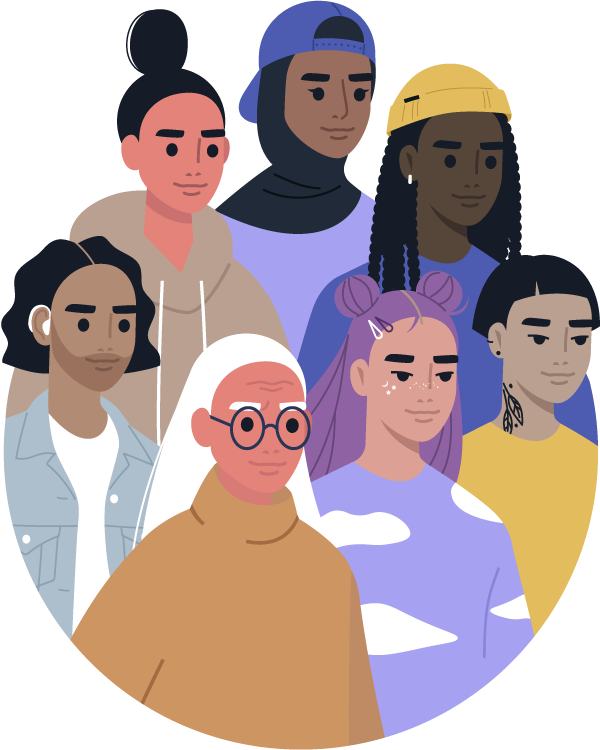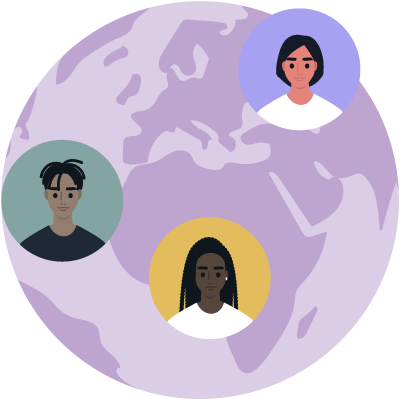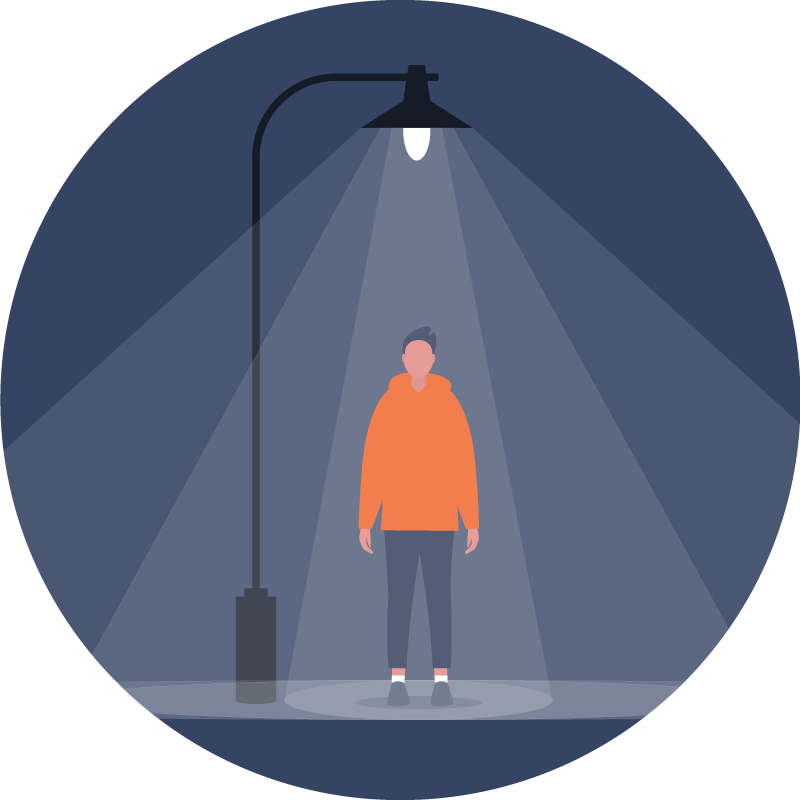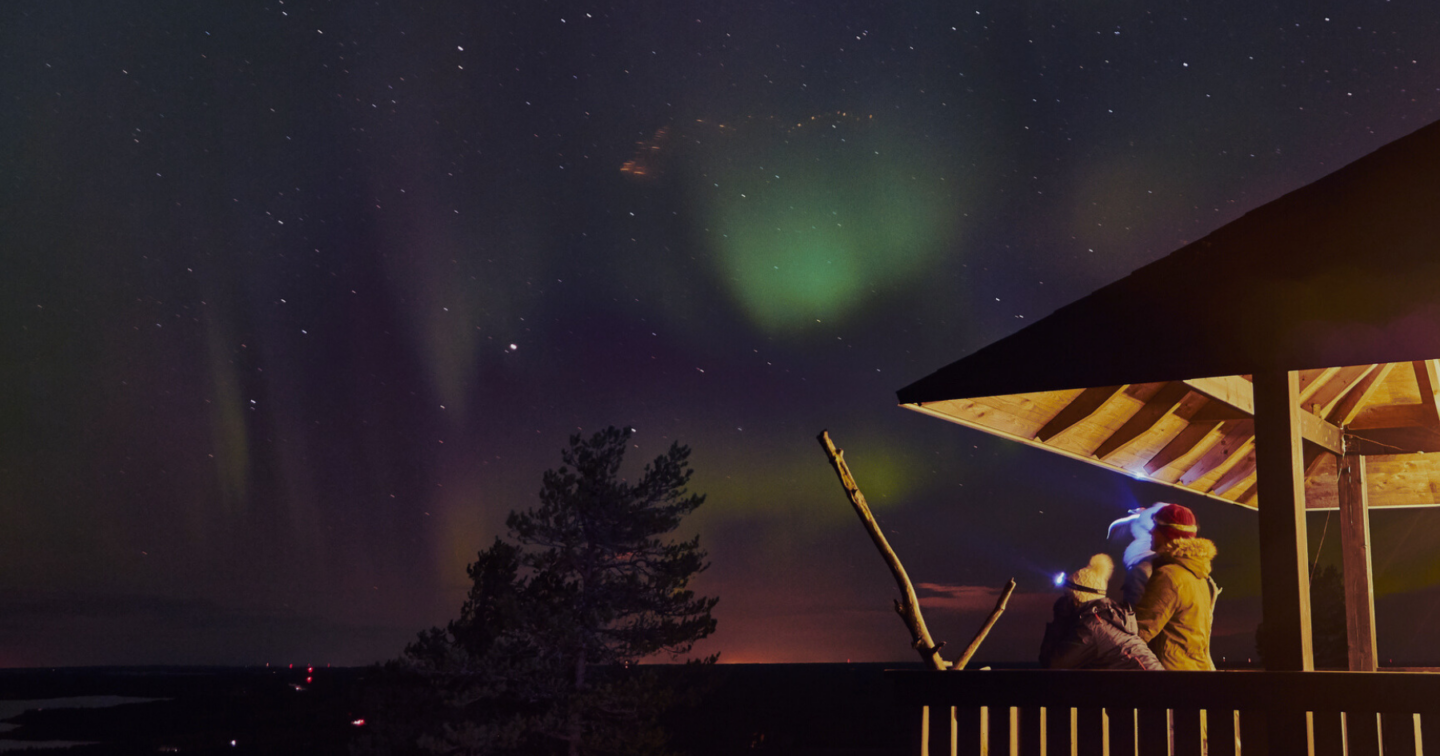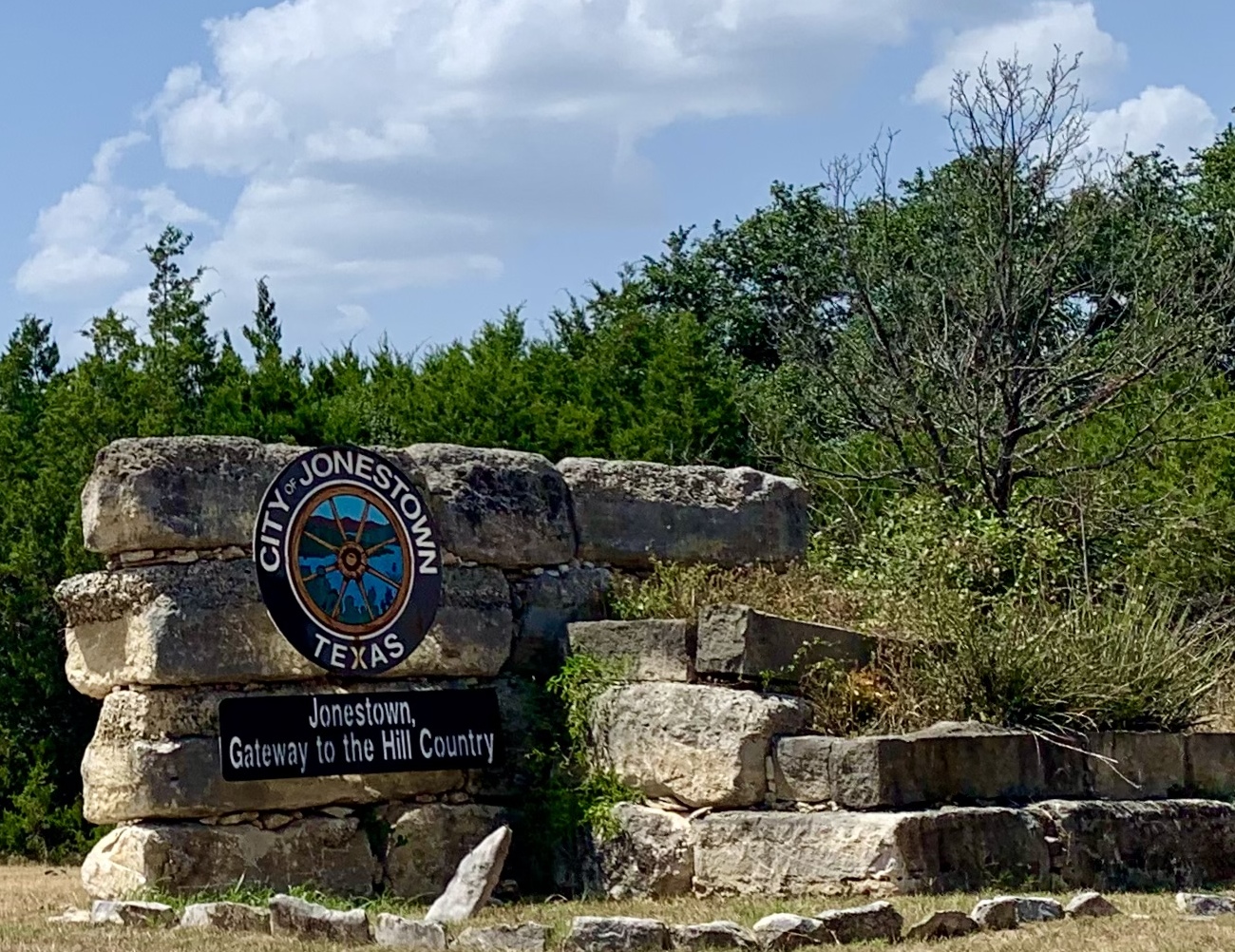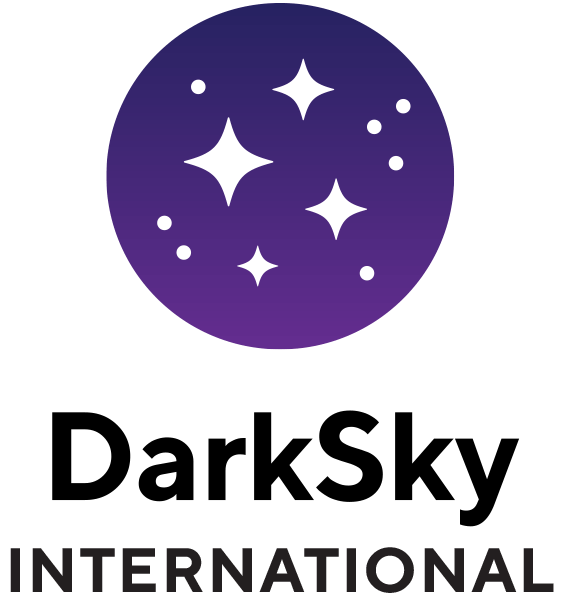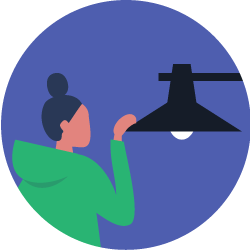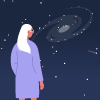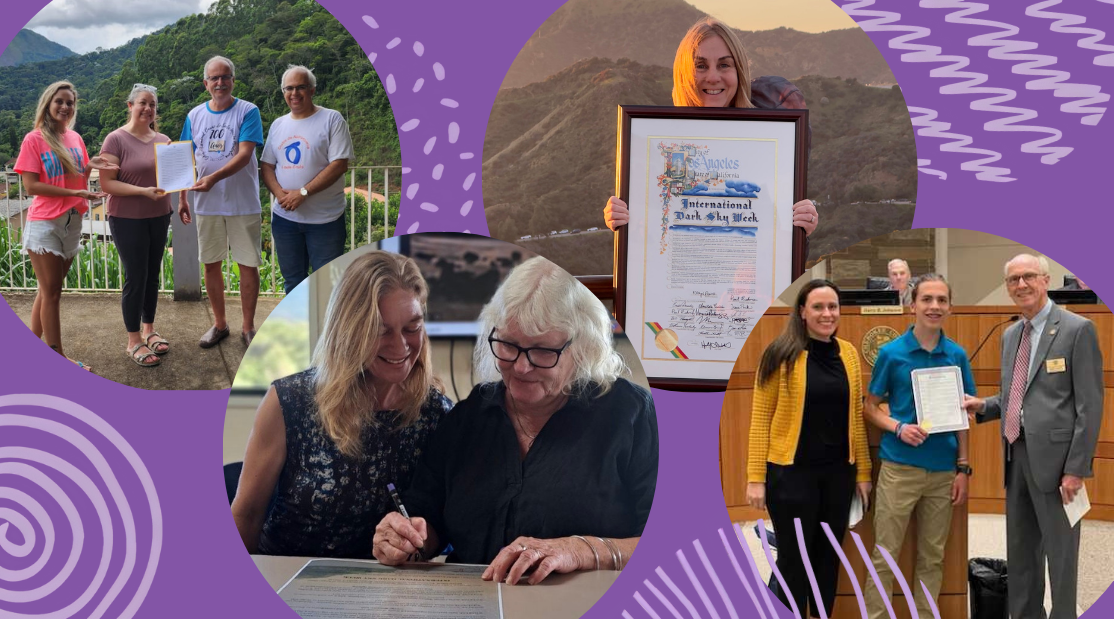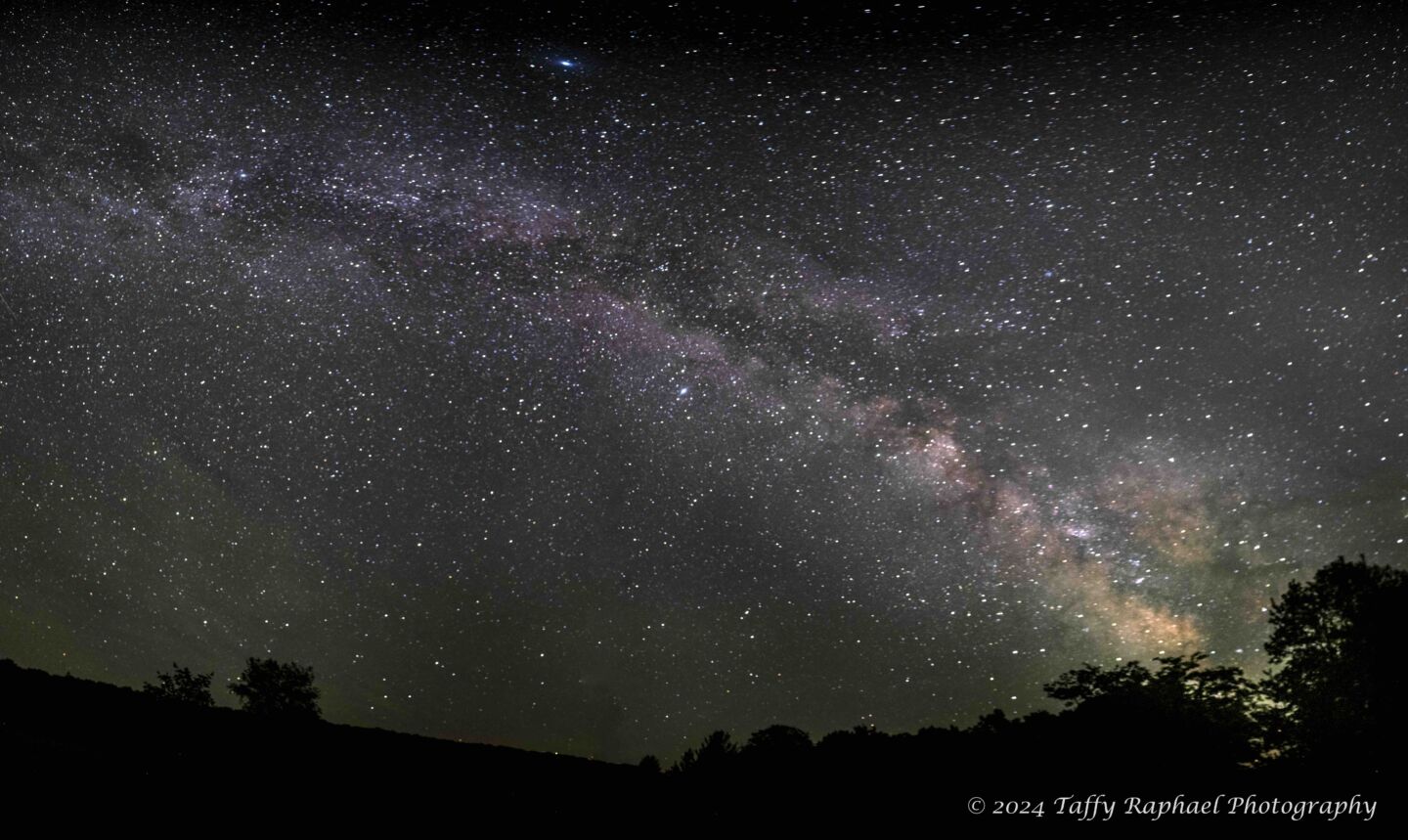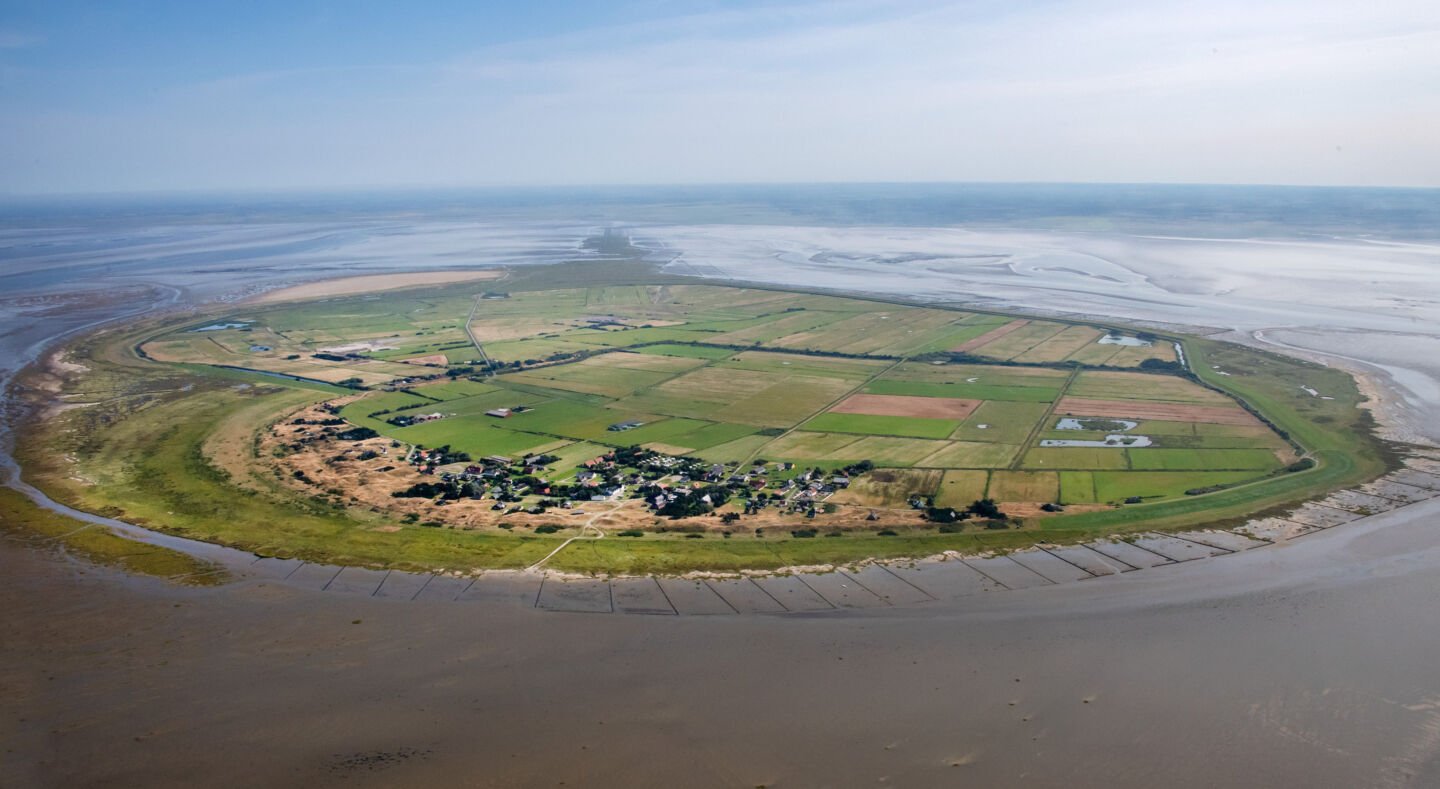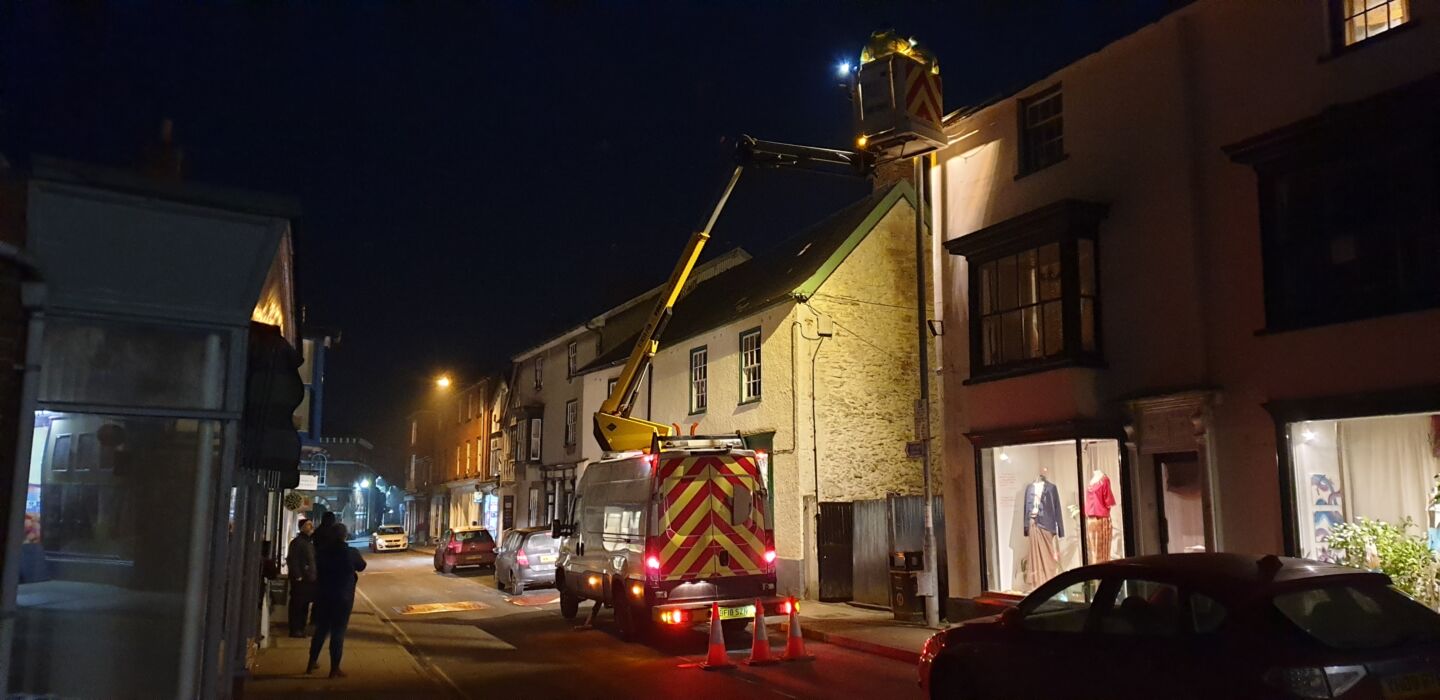
Carpe noctem: Efforts to protect the dark in Serbia
Dajana Bjelajac, a Ph.D. student at the University of Novi Sad in Serbia, is passionate about fighting light pollution through her NGO, Carpe Noctem. She organizes educational events and outdoor activities to raise awareness.
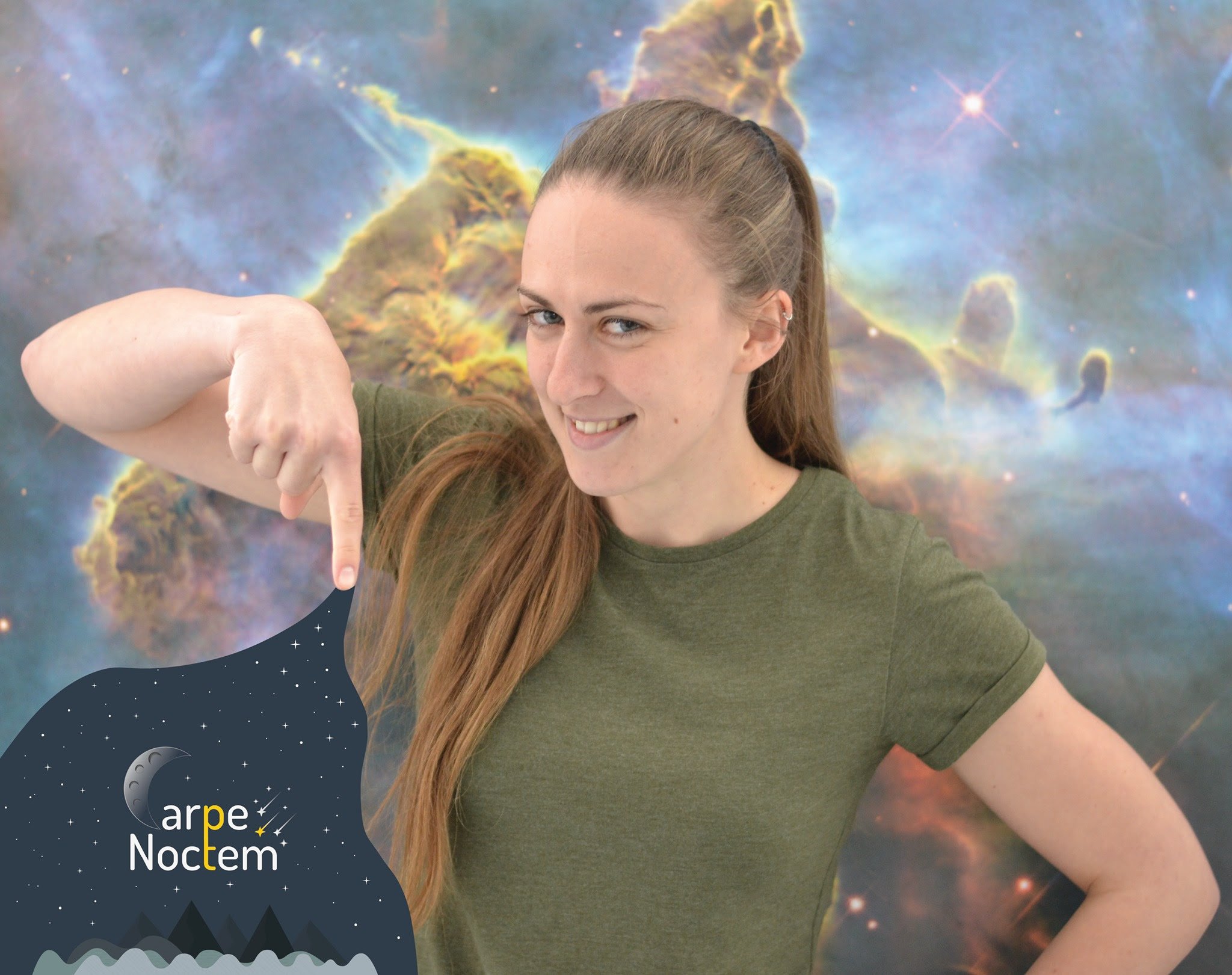
Meet Dajana Bjelajac, Ph.D. student studying light pollution at the University of Novi Sad in Serbia. Bjelajac is a DarkSky Delegate working to protect the night from light pollution in Serbia through her NGO, Carpe Noctem.
What is your background?
Currently I’m a Ph.D. student and a teaching assistant at the Faculty of Sciences in Novi Sad (Serbia). I have finished my Bachelor studies for Professor of Geography and one year later I finished master studies in the field of Geoecology.
I come from Novi Sad, and even though it is the second-largest city in Serbia when comparing to the world standards, it’s quite a small settlement. Besides being a small charming city, we also have a beautiful small mountain (Fruška gora) in the vicinity of the city which influenced my “nature-loving” behavior a lot, as well as the career I chose later on.
How did you get interested and involved in dark sky advocacy?
Since I hadn’t heard of light pollution until my third year of studies, I was shocked to notice that the problem was so obvious, and yet I was oblivious to it. Not to mention that I was raised in the spirit of “The Galaxy Needs You” and I had a fair amount of interest in astronomy and other sci-fi topics.
Naturally, I started wondering how many people in Serbia had ever heard of light pollution (other than astronomers) and would they care if they had? From that point forward, few of my colleagues and I started organizing some educational events and almost every person that attended had the same reaction as I had when I first heard about it – they were shocked and wanted to do something about it. This amazing feedback from the public inspired me and my colleagues to take action.
How did you become involved with Carpe Noctem? What is your role in the organization? What is the main message of Carpe Noctem?
Well NGO Carpe Noctem wasn’t really planned at the very beginning, but all our actions somehow led to it. In 2016 and 2017, we usually organized our workshops and lectures as a joint activity between two students’ organizations – Society of Young Researchers “Branislav Bukurov” (geographers) and Physicist club from the Faculty of Sciences. We had big support from the Department of Geography, Tourism and Hotel Management and Department of Physics (within the Faculty of Sciences) so we presented our workshops at the Fair of Science, European Researchers’ Night in Novi Sad and other educational events.
However, this was only a small part of the Novi Sad population, all of similar interests. So, I started wondering: How can we bring more people of various interests and ages together and teach them how light pollution affects them, even though they’re not astronomers nor have any interest in the starry night sky?
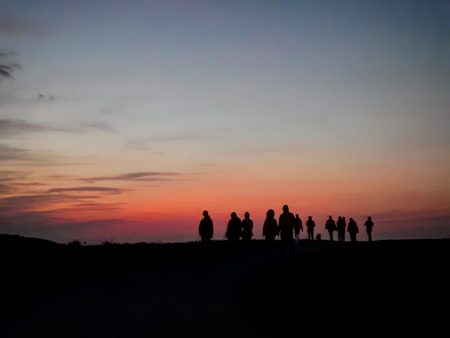
After many inspirational stories I read about on the DarkSky website, I became obsessed with the idea of gathering a group of people who will fight against unreasonable outdoor lighting, but with an interesting and maybe unconventional approach.
NGO Carpe Noctem officially registered on February 19, 2019, and at the very beginning we had around 20-30 enthusiasts (mostly students from Faculty of Sciences and astronomers) and now, only 6 months later we have 70 members and a lot of successful activities behind us. I must emphasize, all of this was possible because of the great 20-30 people at the beginning that put their heart and soul into our idea. As for my role, I’m one of the three official founders and the president of the organization.
Carpe Noctem, as the name says for itself, is founded with a bit sentimental idea to bring the beauty of the natural night and starry skies to the city dwellers who lost sight of it. Normally, the majority of our activities for the public are organized only during late-night hours so they can escape the city lights and enjoy night hikes on that wonderful small mountain near Novi Sad. In short, the main message of Carpe Noctem is “Seize the night” and come to the dark skies, because we have stars.
How do you get people interested in preventing light pollution? What efforts or events have worked for your organization? What has not worked?
Well, if we generalize the usual response of an ordinary citizen in Serbia to light pollution it would sound something like “What a rubbish, what else will people invent to be pollution?”.
So we have to come up with more creative ways to interest people about some topic which is relevant to light pollution and their own interest. Therefore, we organize “astrohikes” and go to the mountains in the night hours to enjoy nature at night and observe some astronomical event. We also organized an eco-festival called “Star Triathlon” were participants could go on a hike, observe the night sky using telescopes, talk around the campfire with scientists about astronomy, nocturnal animals, and also about their fear of darkness, enjoy jazz performance in the woods, and a dance performance which is closely related to fire.
Almost every event we’ve organized so far gained significant attention on social media so we had a lot of people attending them. The first public astrohike hosted around 240 people, while the eco-festival lasted for two days and around 500 people attended.

We also organized a tour through the underground system of the Petrovaradin Fortress in Novi Sad during the Perseid meteor shower peak, using the metaphor that because of light pollution the only place to find true darkness in Novi Sad is underground. With the support of another NGO, more than 150 people roamed through the underground for the event.
When comparing an outreach of our events, I would have to say that educational lectures are far less visited than the outdoor activities. Approximately 50 people show up for the lecture, and for every outdoor activity, there were at least 100 participants. So, we always have to improvise and talk about light pollution while walking, or stargazing or taking a break. Therefore, our members are like Jedi’s of darkness always prepared to give you interesting facts and stories about light pollution.
What gives you hope for the future of the night sky? What do you find discouraging?
At this point I could say I’m not very hopeful when it comes to public opinion about the importance of a night sky in Serbia, or perception of artificial lighting in general. However, the more activities we organize, more and more people are joining us whether to fight light pollution, or just to recommend our activities and spread the word about it.
I’m very hopeful that the current situation will change because I firmly believe everything depends on our will and energy to teach people and show them the importance of a starry night sky from both the sentimental and more importantly the ecological point of view.
What I find discouraging, is that our decision-makers in Serbia are not educated about the problem, thus making it harder for us to tackle the issue in a more direct way, and even when they change public lighting it’s usually brighter. Another discouraging thing is that there is not a single word about light pollution at any level of education for children. Hopefully this will improve a bit, since we got funding from the Center for the Science Popularization to make educational brochures about light pollution, and send them to every elementary and high school in the Autonomous Province of Vojvodina.
What advice do you have for other dark sky defenders?
My advice for every dark sky defender is to be grateful of hard times, I think we are all facing no matter what part of the world we are in because it requires us to be more creative and more innovative in finding appropriate solutions to educate people about something that should be important to them.
We are enjoying the creative process and at the same time fall in love more deeply with our idea, which is important because people always recognize the passion and sincerity when fighting for a good cause even when you are in the minority. Naturally, more of them will come and join you so they can be a part of a greater cause.


